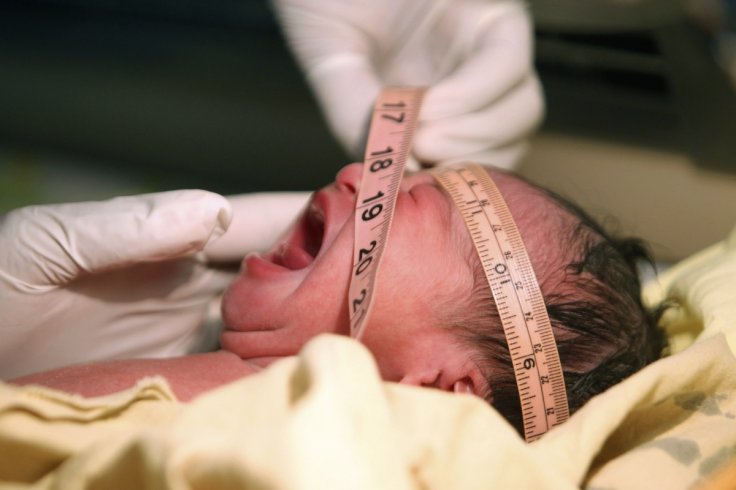
A new research has found that if your newborn is delivered via caesarean section, then he or she might generate the risk of childhood obesity by the time they are three months old.
The new study, carried out by the researchers from the University of Alberta, found that compared to vaginally delivered children, C-section babies are more at the risk of obesity due to differences in gut bacteria.
The study involved 935 mother-child pairs who participated in AllerGen's CHILD Study, a national population-based birth cohort. The researchers proceeded with such study to know how C-section and vaginal birth could influence the risk of obesity, particularly in those children to overweight mothers.
Anita Kozyrskyj, who led the study, said that they were not surprised to find out overweight is linked to such children.
She said, "We know that maternal overweight is linked to overweight in children. What our study showed is that both the type of infant delivery — vaginal birth versus cesarean section birth — and changes in gut bacteria are also involved."
"We have shown in our previous research that an infant's gut microbiome is influenced by the type of delivery, so we wondered if this effect could be associated with obesity risk in early childhood," Kozyrskyj further added.
After performing the DNA sequencing techniques in the laboratories of medical researchers, James Scott and David Guttman at the University of Toronto, showed information related to types and quantity of bacteria present in the infants' stool.
In addition to that Kozyrskyj said, "We found that an abundance of a family of bacteria call, in fact, spiracle does, in fact, influence the relationship between maternal weight and child weight, especially in those delivered by C-section."
The levels of Lachnospiraceae, or generally known as increased lipid (fat) storage and inflammation in fat cells, differed between C-section babies and vaginally delivered children.
Kozyrskyj mentioned that the obesity and overweight issue in children are considered a major challenge to public healthcare system.
"Our results reinforce increasing concerns over rising cesarean deliveries and affirm the role of the gut microbiota as a 'super organ' with diverse roles in health and disease," she said.
Kozyrskyj, also one of the world's leading researchers on the gut micro biome, has pointed out new recommendations by the American College of Obstetricians and Gynecologists. According to her the goal for those recommendations is to reduce the number of C-sections that are performed and allowing women to labour for longer before a C-section decision is made.
The lead researcher said that if a C-section is unavoidable in overweight mothers, then only breastfeeding will be effective to prevent obesity in infants.








